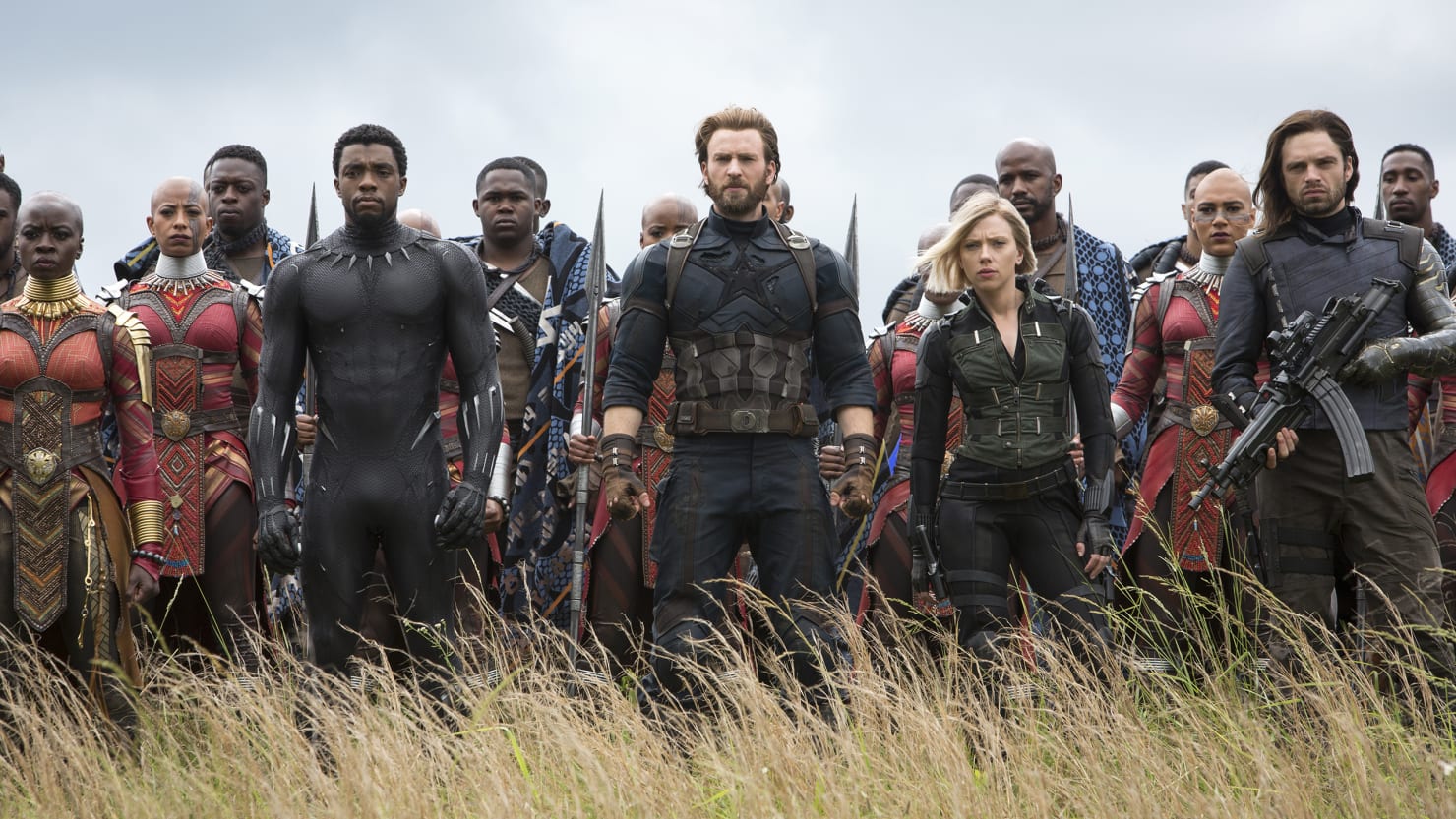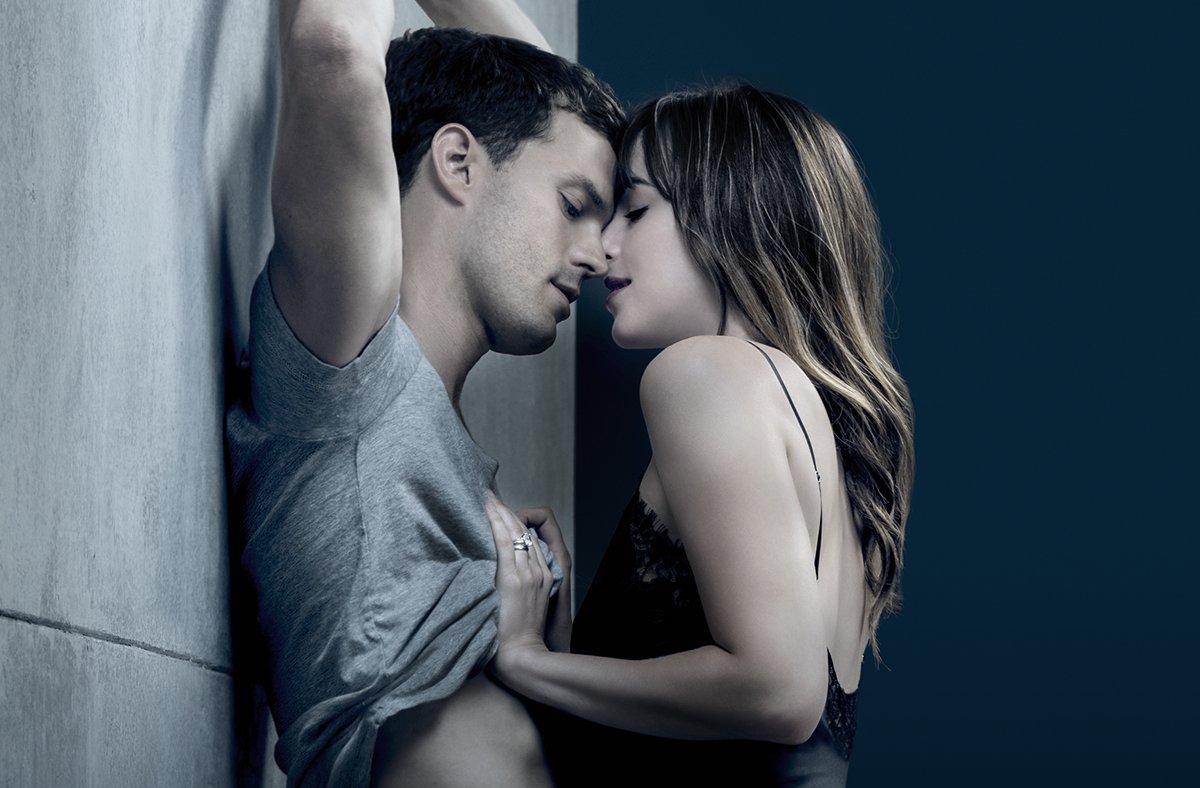
Avengers: Infinity War

Marvel’s 19th (19th!) and, to date, most ambitious Avenger movie is now out in the open for critics and enthusiastic fans to scrutinize. But before judging Avengers: Infinity War too quickly based on its grandiose aspirations, it is to be noted that the film is also a dense, emotionally charged first step toward a spectacular conclusion 10 years in the making.
In a mighty clash with powerful warlord Thanos (Josh Brolin pulling off his best CGI villain impersonation), the team of superheroes (too many to be listed, here) unite to protect the infinity stones from the titan whose sole desire is to eradicate half of the universe’s population in order to maintain balance in the future (some seriously contradicting murderous impulse, alright).
Iron Man (Robert Downey Jr.), Thor (Chris Hemsworth), Hulk (Mark Ruffalo), Captain America (Chris Evans), Black Widow (Scarlett Johansson), Doctor Strange (Benedict Cumberbatch), Spider-Man (Tom Holland), Black Panther (Chadwick Boseman), the Guardians of the Galaxy (Zoe Saldana, Chris Pratt, Dave Bautista, Dave Bautista, Vin Diesel and Bradley Cooper) and their allies team up in the action/CGI/celebrity/money-packed first chapter of a dramatic finale that, whether audiences like it or not, remains a spectacular achievement helmed by the Russo brothers and writers Christopher Markus and Stephen McFeely.

A crowded blockbuster expertly assembled
Avengers: Infinity War “isn’t the best Marvel movie. But it’s Marvel’s most daring.” With countless characters to give exposure to, a new major threat (“a saturnine and surprisingly compelling villain”) who asks for much-needed exposition time and just 2 hours and 30 minutes on the clock, the movie is “a narrative juggling act” that, “though certain characters get more focus than others,” actually “feels pretty thorough.”
Smashing “through your expectations” by delivering “shock after shock,” the film “melds its many, many elements into an impressive mix of humor and sorrow,” being both “terrifying and magnificent in its bigness.” While most of the Marvel superheroes are inevitably “compressed, concentrated versions of themselves,” the story’s structure wrestles “some kind of balance out of crossover chaos, doing an expert bit of crowd control.”
As it jumps between characters and locations, it might often seem like Infinity War is “spinning plates,” but “the combinations of heroes working together feels both inevitable and unexpected, and the sheer charisma of the cast means that whatever scene of planet we cut to, there’s someone there to care about.”
Life-or-death stakes and comedy
In “Marvel’s most somber movie,” the Avengers learn the hard way that there is no victory without sacrifices, which means we should prepare for a series of ineluctable tragic moments. But that doesn’t mean the humor à la Marvel is absent, either. Infinity War is also “really, really funny.” “The plot’s machinations result in unlikely combinations of Avengers meeting, bickering and, usually working together semi-effectively,” and characters who commonly get witty lines “continue to leave a trail of much-needed laughs, without ever quite distracting from the danger they all face.”
While the film contains “a few unforced errors,” its “number of actual missteps is a tiny fraction of the potential missteps inherent in an undertaking this vast.” This time, “the Russos achieve the impossible. Not only did they bring all these disparate characters and stories together, but they made it look effortless.”
Best quotes from the reviews:
“However prepared you feel, you are not ready for Thanos. But then, neither are our heroes.” – Helen O’hara, Empire
“I don’t necessarily wish death upon any of these (largely resurrectable) gods and aliens and souped-up humans, but the faint sense of impeding finality hanging in Infinity War’s air is refreshing.” – Richard Lawson, Vanity Fair
“Avengers: Infinity War feels like a Marvel movie on bath salts.” – Alex Abad-Santos, Vox
“Deranged as it may be, his [Thanos’s] population-control rational for mass murder is actually an upgrade from the comics, in which he mostly wanted to kill trillions in order to earn a date with the female embodiment of Death.” – Christopher Orr, The Atlantic



